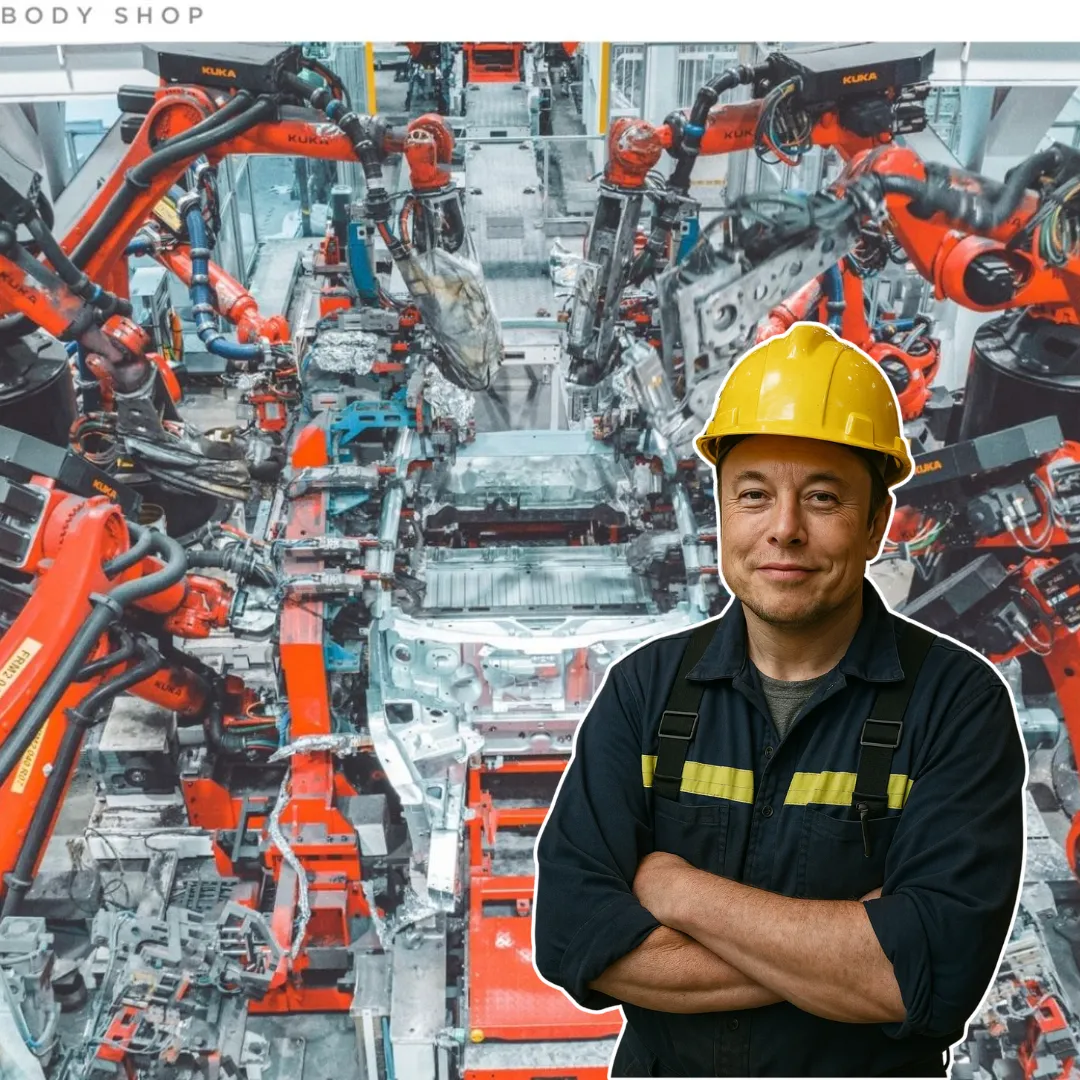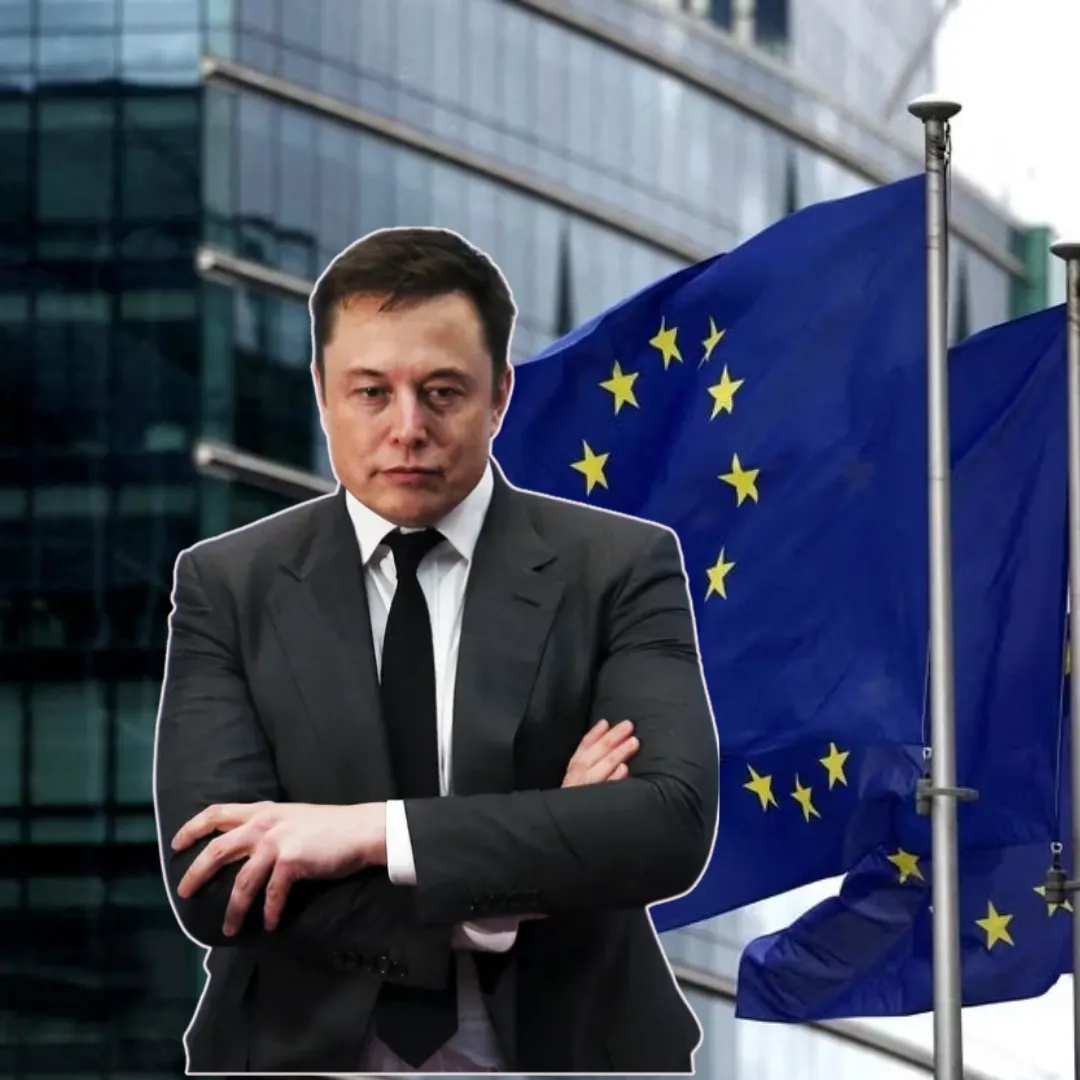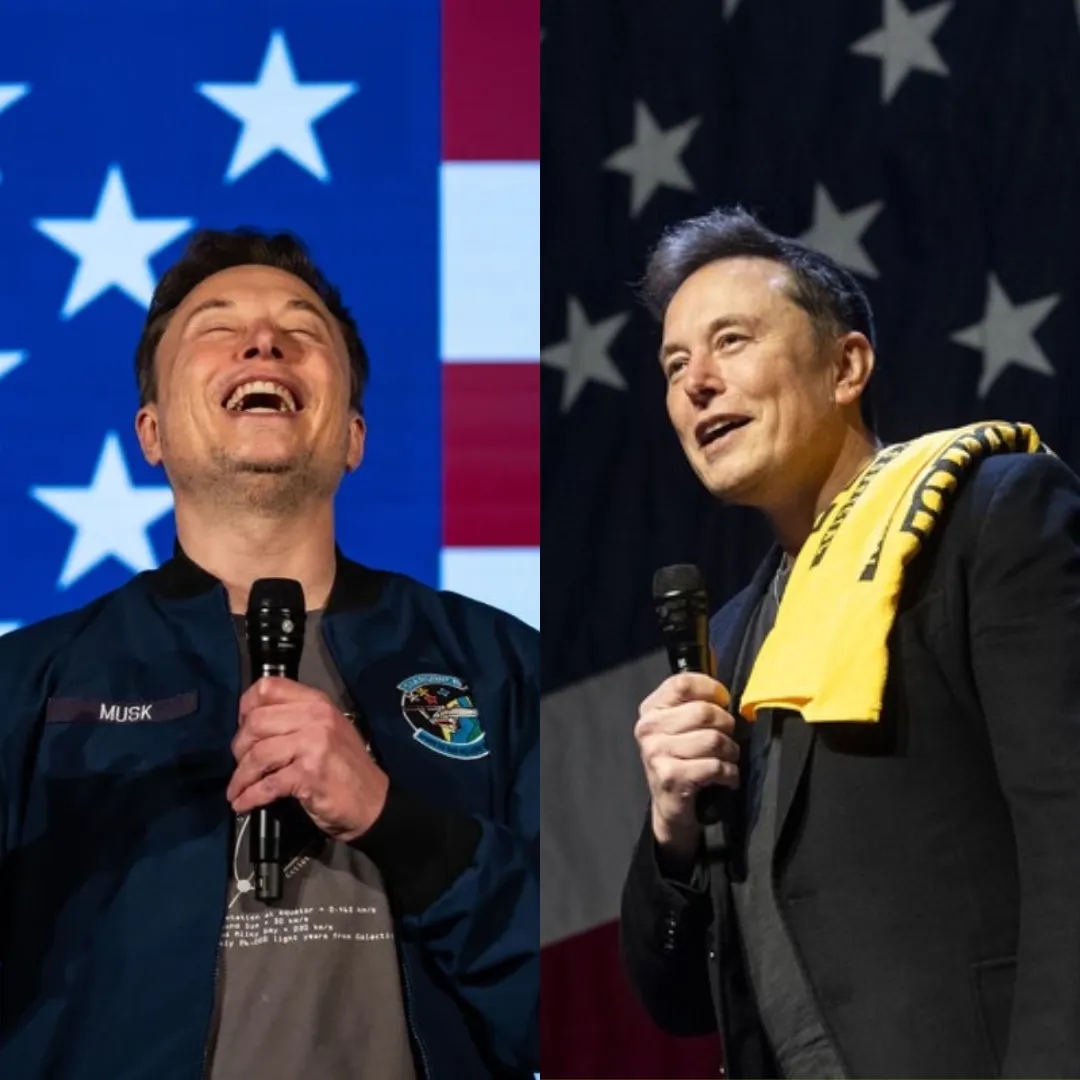Elon Musk, never one to shy away from provocative statements, has once again stirred global debate by declaring that robots will soon outperform even the best human surgeons. In a startling post on X, the platform formerly known as Twitter, Musk replied to entrepreneur Mario Nawfal by asserting, "Robots will surpass good human surgeons within a few years, and the best human surgeons within ~5 years."
The comment came in response to a report highlighting Medtronic's advancements in robotic surgery through its Hugo system. Musk elaborated that Neuralink, his brain-computer interface company, already had to rely on robots for electrode insertion into human brains, as no human hand could match the speed and precision needed for the delicate task.
While Musk’s vision for a future dominated by robotic surgeons captured headlines, it also ignited fierce backlash from the medical community, many of whom warned that such predictions are not only premature but dangerously naive.

The report that triggered Musk's comment detailed Medtronic’s recent clinical trials with its Hugo robotic system, which were performed across 137 surgeries involving prostates, kidneys, and bladders. According to RTTNews, the results were overwhelmingly positive.
Complication rates were significantly lower than traditional benchmarks, with prostate surgeries seeing only a 3.7 percent complication rate, kidney surgeries at 1.9 percent, and bladder surgeries at 17.9 percent, all outperforming historical safety goals. Hugo also achieved a staggering 98.5 percent success rate, well above the targeted 85 percent threshold.
Only two procedures required reverting to traditional surgical methods, one due to a technical glitch with the robot itself and another because of complications arising from the patient's condition. The success of the Hugo system signals that robotic assistance in surgery is no longer a distant fantasy but an emerging reality, with the potential to redefine standards of care across multiple medical disciplines.

However, even as data points toward greater integration of robots in the operating room, many in the medical profession pushed back hard against Musk's timeline and claims of inevitable superiority. A prominent neurosurgeon took to X to rebuke Musk’s remarks, writing, "As a neurosurgeon, I promise you that no 'robot' surgeon can EVER autonomously perform brain and spine surgery — or likely any surgeries — effectively, appropriately, or safely.
There are too many variables requiring critical thinking. Robots also lack the compassion and ethical judgment of a human surgeon who cares for patients beyond algorithmic compliance."
The statement highlights a core issue that many experts raise when it comes to AI and robotics in medicine: the irreplaceable role of human judgment, experience, and emotional intelligence. Surgery, particularly in complex fields like neurosurgery, often demands split-second decisions, creative problem-solving, and an ethical compass that cannot be replicated by code or mechanical precision alone.
Another surgeon echoed similar concerns, adding nuance to the debate by pointing out that robots may indeed outperform humans in standardized, repetitive procedures but fall short when facing unexpected complications. "It’s not that simple. For standardized, well-documented procedures, robots will soon outperform surgeons in speed, accuracy, and efficiency.

But the human body is not a machine, and unexpected complications arise constantly. Solving these problems requires creativity — a skill robots are far from mastering," the surgeon explained. This perspective suggests a hybrid future where robots handle the mechanical and predictable aspects of surgery while human surgeons intervene when unpredictability strikes. Yet Musk's sweeping prediction of robot domination left little room for such middle-ground interpretations, fueling further outrage.
Beyond technical limitations, broader philosophical and societal concerns also surfaced in response to Musk’s claims. One user questioned the coherence of Musk’s overall vision for humanity, asking, "How does it make sense to push for population growth while also planning to replace everyone's jobs with robots? What work will all these people you want actually do?"
This comment touches on the existential dilemma facing a society where automation, particularly in high-skill professions like surgery, begins to displace even the most prestigious and highly trained workers. If Musk’s timeline proves accurate, it could set off a cascade of economic, ethical, and psychological challenges far beyond the operating room.
Financial analysts also weighed in, noting that if robotic surgery becomes the norm within the next five years, it would unleash a seismic shift in the healthcare sector. Companies like Intuitive Surgical, Medtronic, and newer entrants specializing in AI-driven robotics could see explosive growth, while traditional medical training institutions might have to radically rethink how they educate future doctors.
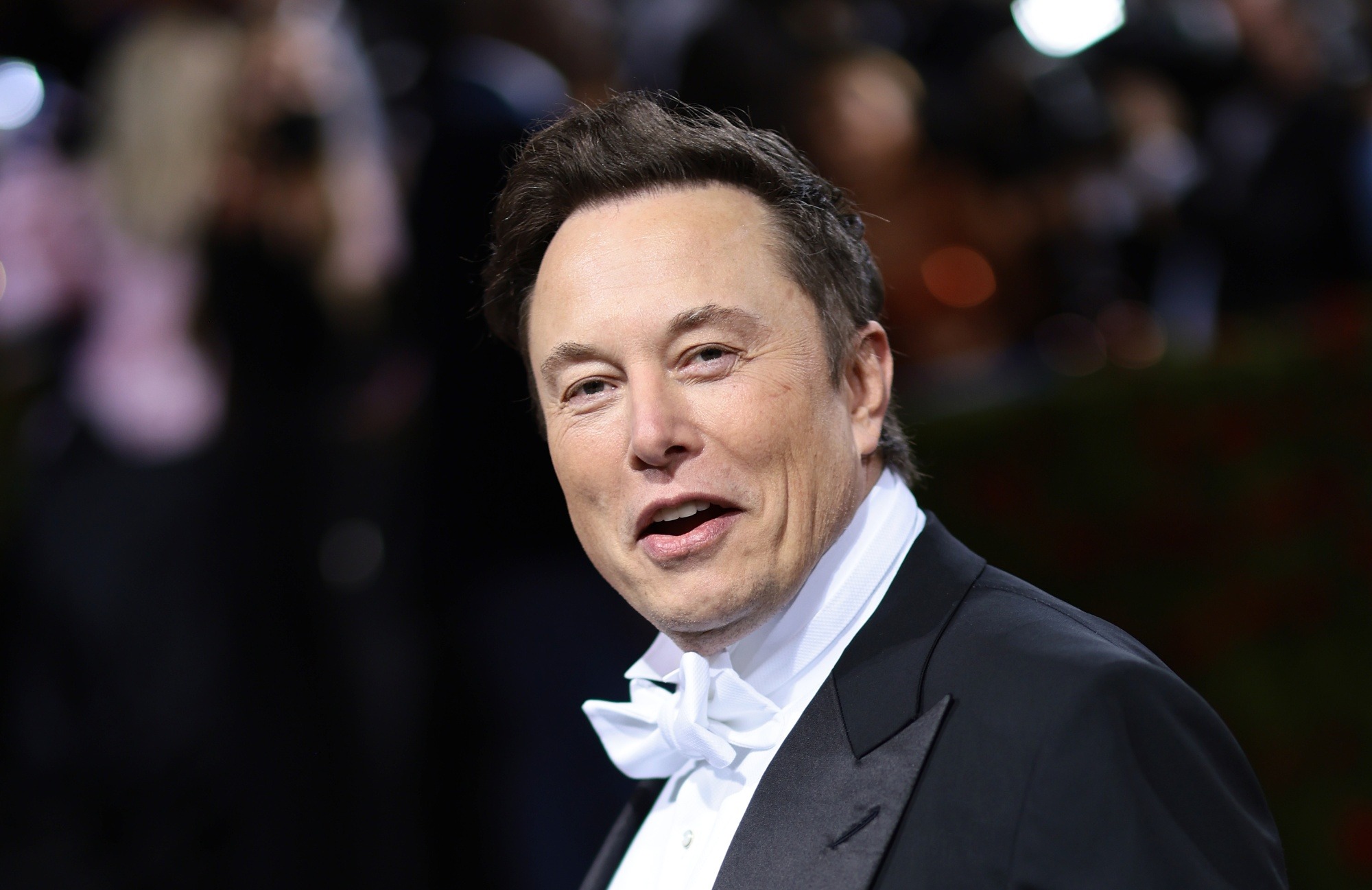
Insurance companies could also begin pressuring hospitals to favor robotic procedures, which may reduce human error and complications, thus cutting costs. However, such a transformation would not occur without friction, as regulatory bodies, malpractice lawyers, and patient advocacy groups would demand rigorous testing, oversight, and safeguards to prevent catastrophic failures caused by malfunctioning machines or poorly programmed algorithms.
It is important to contextualize Musk’s comments within his broader approach to technology and disruption. Throughout his career, Musk has consistently made aggressive predictions that seem outlandish to contemporaries but often end up catalyzing significant shifts in industry thinking.
Whether it was accelerating the mass adoption of electric vehicles with Tesla, breaking private sector barriers in space travel with SpaceX, or pushing the limits of brain-machine interfaces with Neuralink, Musk’s forecasts tend to serve less as exact timetables and more as rallying cries for innovation. By publicly stating that robots will crush top surgeons within five years, Musk is likely signaling to investors, technologists, and healthcare companies that the race is already underway — and that the winners will be those who move fastest and take the greatest risks.
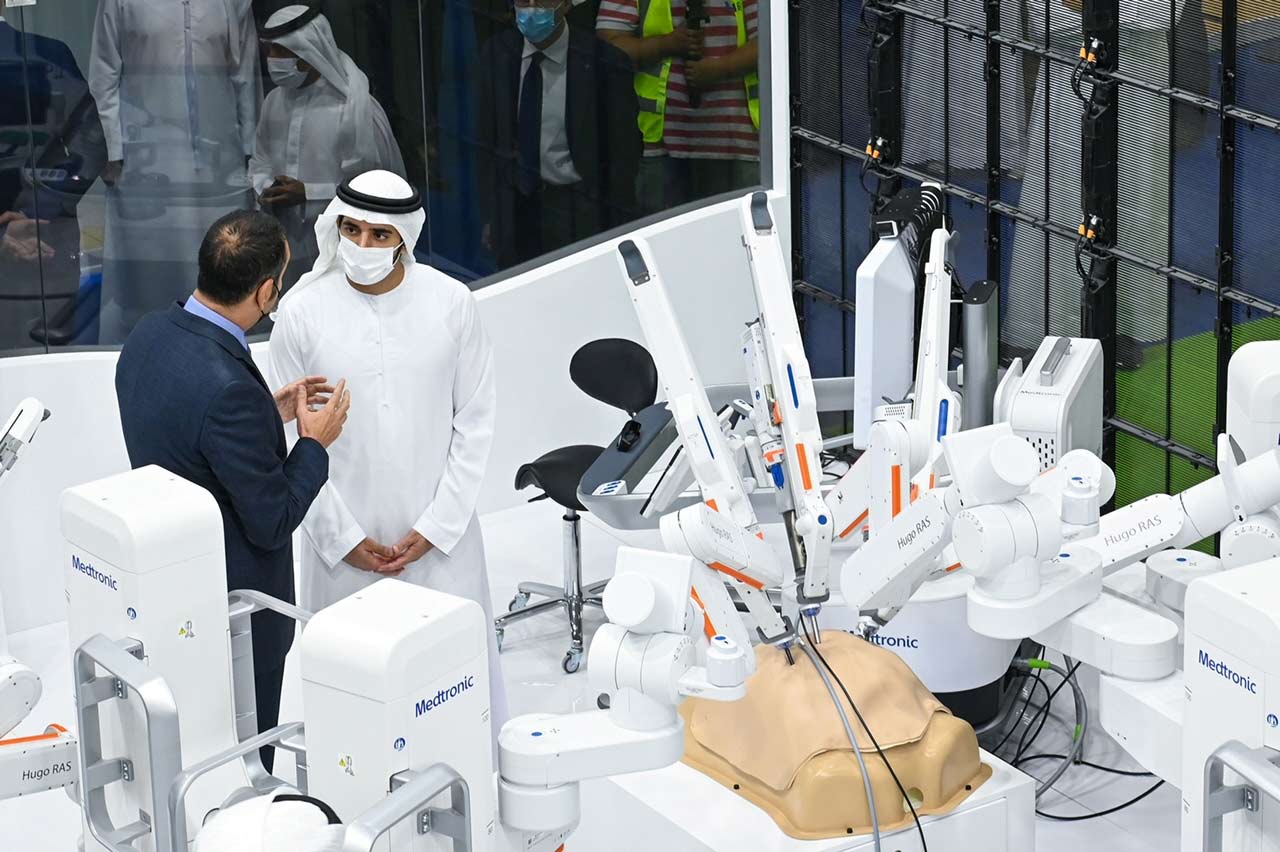
Still, cautionary voices remain crucial in this conversation. As history has shown, blind faith in technological superiority can lead to disastrous outcomes when human oversight is discarded too quickly.
While robots can bring immense benefits to surgery by reducing fatigue, standardizing procedures, and improving precision, the idea that they will wholesale replace human surgeons — particularly in complex, high-stakes procedures — remains highly contentious. Musk's pronouncement, while headline-grabbing, may ultimately serve as a catalyst for a much-needed deeper discussion about how best to integrate robotic systems into healthcare without sacrificing the irreplaceable human elements of care, ethics, and creativity.
In the meantime, hospitals, universities, and regulatory bodies are likely to continue adopting robotic assistance cautiously, balancing enthusiasm for innovation with the heavy responsibility of patient safety. The future Musk envisions may very well come to pass, but if it does, it will likely arrive more incrementally and collaboratively than his bold five-year forecast suggests.
For now, surgeons and patients alike can expect robots to continue assisting rather than replacing — but the conversation Musk ignited will undoubtedly shape the trajectory of medicine in the decades to come.
-1745720153-q80.webp)
